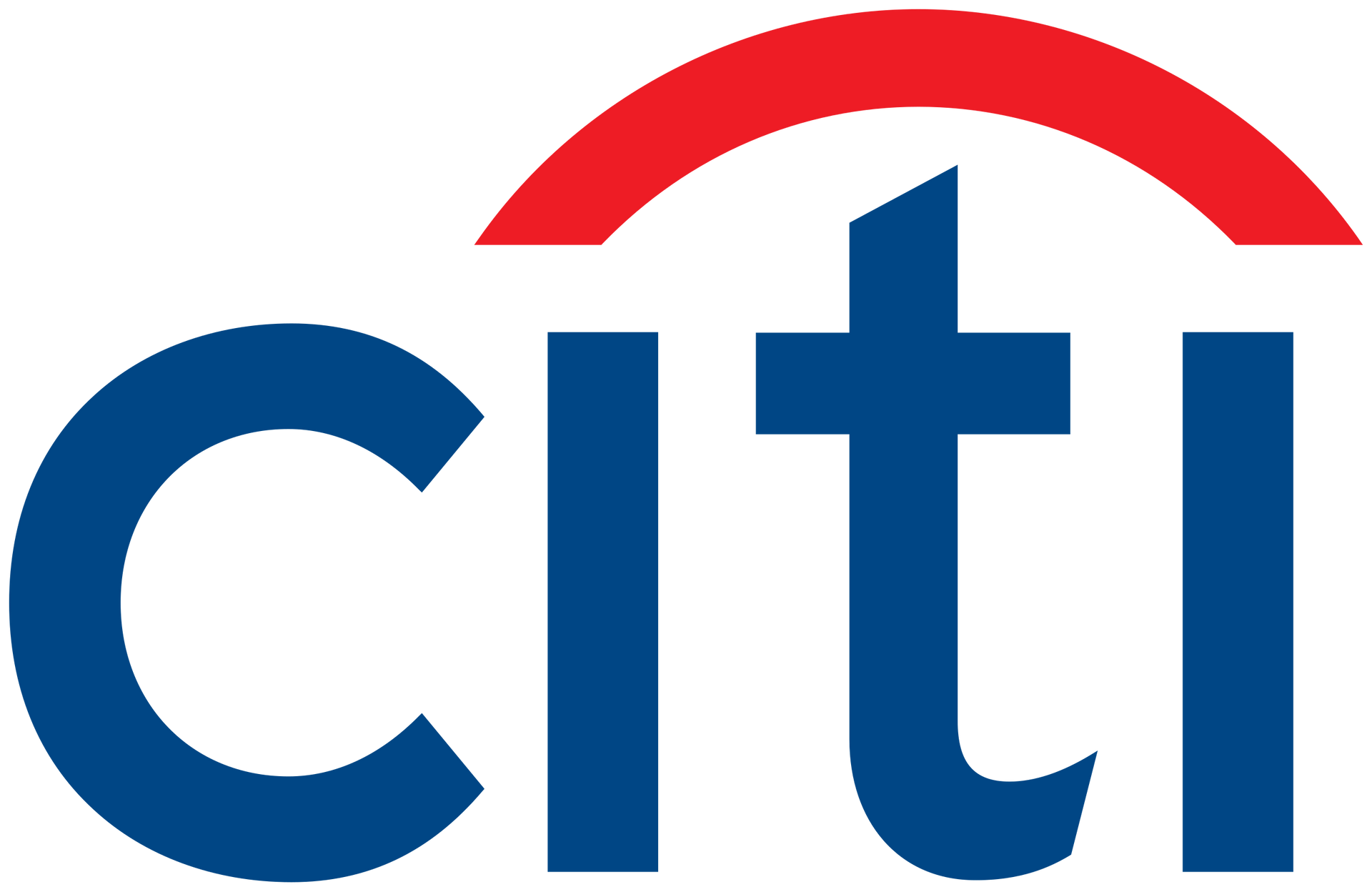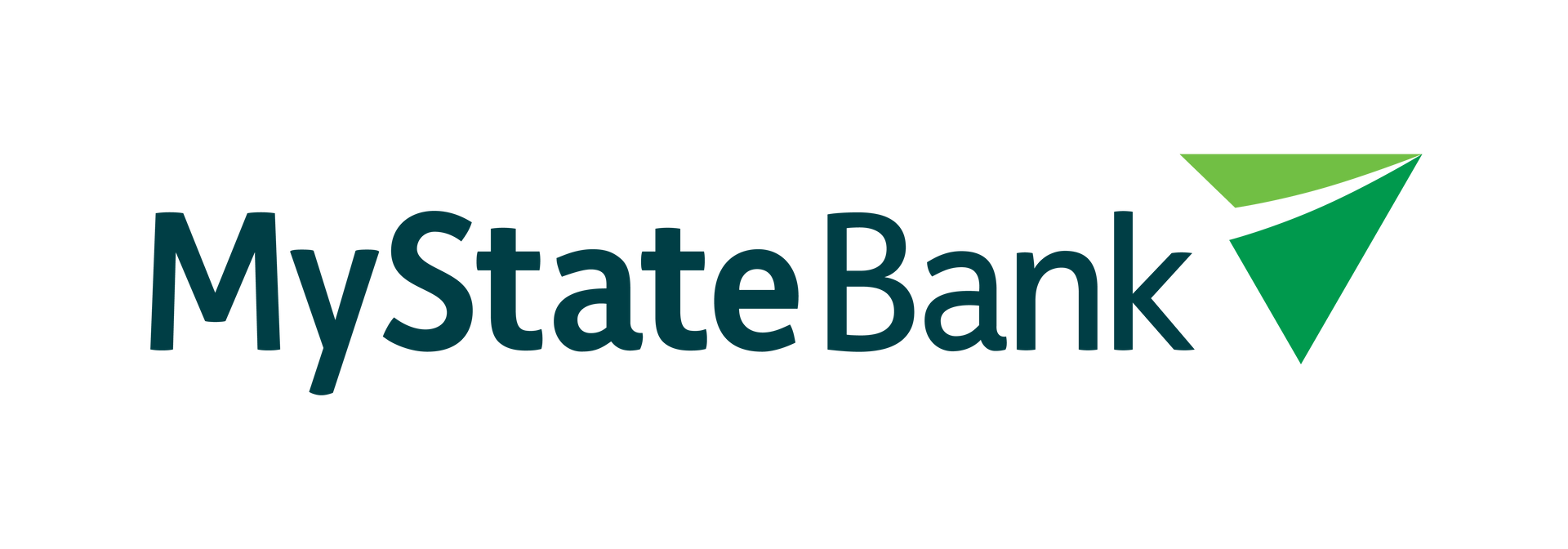Pros & Cons: Mortgage Broker vs Banks
The Pros And Cons of Using A Mortgage Broker
Securing a mortgage can be a complex and time-consuming process, especially for first-time home buyers or those navigating unique financial situations. One of the significant decisions you'll make along the way is whether to work with a mortgage broker or directly with a bank.
A mortgage broker acts as an intermediary, offering expert advice, access to a broad range of lenders and personalised options that align with your financial needs. However, like any service, there are both advantages and a few potential drawbacks to using a broker.
In this guide, we’ll explore the benefits and challenges of using a mortgage broker, helping you decide if their services align with your home-buying goals.
What Is A Mortgage Broker?
A mortgage broker is a licensed professional who connects borrowers with suitable lenders. Acting as a go-between, a broker works to find a mortgage product that aligns with your financial profile, negotiating on your behalf and simplifying the application process. Brokers are knowledgeable about the mortgage industry, aware of varying loan products, and equipped to help you secure competitive rates and terms, especially if you have financial circumstances that traditional lenders might overlook.
Brokers usually have relationships with a variety of lenders, including major banks, credit unions, and non-bank financial institutions, giving you access to options beyond what’s directly available. They handle many aspects of the mortgage application process, from gathering necessary documents to liaising with the lender, which can alleviate much of the stress typically associated with securing a loan.
The Pros of Using a Mortgage Broker
1. The Best-Interests Duty
One of the critical advantages of working with a mortgage broker in Australia is the Best-Interests Duty, a regulation established in 2021 to ensure brokers act in their clients’ best interests rather than their own or the lender’s. This duty means brokers are required to recommend loan options that align with your financial needs, rather than promoting products based on the commission they receive. This measure protects borrowers, giving you peace of mind that your broker’s advice is genuinely aimed at helping you make the best decision for your financial future.
2. Save Time and Effort
Shopping for a mortgage independently requires significant research and documentation, which can be overwhelming, particularly if you're unfamiliar with the lending landscape. A mortgage broker can save you time and effort by doing the legwork for you. They sift through loan products, gather required documentation, and manage communications with the lender, allowing you to focus on other aspects of the home-buying process. For busy individuals, having someone take on these responsibilities can be invaluable.
3. Better Access to Lenders
Mortgage brokers often have access to a more comprehensive range of lenders than the average consumer. While you may only consider big banks or a few familiar lenders, brokers can connect you with smaller lenders and specialist finance companies that may offer better terms, lower rates, or more flexible requirements. This broader network is particularly advantageous if you have specific financial needs, such as a low deposit, self-employment income, or a lower credit score, that could limit your options with traditional lenders.
4. Negotiations and Best Rates
With industry experience and well-established relationships with lenders, mortgage brokers have the knowledge and leverage to negotiate for better rates and favourable loan terms. In many cases, brokers can secure lower rates than you might be able to access on your own due to their bulk dealings with lenders. For instance, if you’re refinancing or looking for ways to reduce your monthly repayments, a broker may be able to negotiate discounts on fees or find flexible repayment options that would be difficult to obtain otherwise.
5. Free Service (Often the Lender Pays the Broker)
Most mortgage brokers offer their services free to borrowers, as they earn a commission from the lender. This fee is usually a percentage of the loan amount and does not affect the rate or terms of the loan. Brokers are typically upfront about their compensation, so you can inquire about any incentives they may receive from specific lenders to ensure that they’re recommending loans that genuinely suit your needs. The no-cost nature of using a broker is a major advantage, allowing you to benefit from professional assistance without incurring extra expenses.
6. Expert Advice
Mortgage brokers are skilled in navigating the intricacies of the mortgage market, which can be particularly useful if you’re new to the home-buying process. They can explain complicated terms, guide you through different types of loans (e.g., fixed-rate vs. variable-rate), and offer advice based on current market trends. This expertise can help you make informed decisions about the best mortgage structure for your needs, avoiding costly pitfalls that may arise if you go it alone.
The Cons of Using a Mortgage Broker
While brokers provide valuable services, there are a few drawbacks to consider.
1. Limited Control Over the Loan Process
When working with a broker, you may feel somewhat removed from the direct relationship with your lender. This lack of direct involvement can be beneficial in simplifying the process, but it may also mean you have less control over specific elements, such as communication timelines. If you prefer a hands-on approach to your loan application, working directly with a lender might offer more autonomy.
2. Additional Fees (in Certain Situations)
While many brokers provide a no-fee service to borrowers, some may charge fees, particularly for complex or specialised loan products. Always confirm any potential costs before proceeding to avoid surprises.
How to Choose a Mortgage Broker
Selecting the right mortgage broker is crucial to a successful mortgage experience. Here are some tips:
- Check Their Reputation: Look for reviews, testimonials, and recommendations from previous clients to gauge their reliability and service quality.
- Consider Their Experience: Choose a broker with a proven track record, ideally one who has experience working with clients with similar financial situations to yours.
- Transparency: Opt for a broker who is transparent about their compensation and willing to discuss why they recommend specific loan options.
How Mortgage Brokers Get Paid
Most mortgage brokers are compensated through commissions from the lender after the loan is settled. These commissions usually include an upfront payment (based on a percentage of the loan amount) and, in some cases, a trailing commission paid over the life of the loan. Understanding your broker’s payment structure can give you insight into their motivations and help you make an informed choice.
Before You Meet with a Mortgage Broker
Preparing for your meeting with a mortgage broker can enhance your experience. Here’s how to get ready:
- Understand Your Financial Picture: Be ready to discuss your income, savings, and credit history.
- Define Your Financial Goals: Knowing whether you’re seeking lower monthly payments, a fixed rate, or certain loan features will help the broker better serve you.
- Do Some Research: Familiarising yourself with basic mortgage terms and current rates can make it easier to follow the broker’s recommendations and ask pertinent questions.
Questions to Ask Your Mortgage Broker
Asking the right questions can ensure you’re working with a broker who has your best interests at heart:
- How Do You Get Paid? Understanding their compensation can reveal any potential conflicts of interest.
- Which Lenders Do You Work With? Knowing their range of lenders can provide insight into their ability to find competitive options.
- What Fees Are Involved? Ask about any additional fees, both from the broker and lender, to avoid surprises.
- What Loan Products Would You Recommend and Why? A good broker will explain the reasoning behind their recommendations, helping you understand why certain loans may be suitable for your situation.
- How Long Will the Loan Process Take? Knowing the timeline can help you plan accordingly, especially if you’re buying a property within a specific timeframe.
Pre-Qualification
Pre-qualification is an essential step in the mortgage process. It involves providing basic financial information to the broker or lender, allowing them to estimate how much you can borrow. While pre-qualification doesn’t guarantee approval, it helps set realistic expectations and serves as a valuable initial step in understanding your purchasing power.
Mortgage Broker vs. Banks
When securing a mortgage, you might wonder whether to use a mortgage broker or go directly to a bank. While both options can help you secure financing for a home, they differ in approach, service, and access to loan products. Here, we’ll explore the differences, along with the pros and cons of working with a bank.
What’s the Difference?
A mortgage broker is an independent professional who works with multiple lenders to find a loan that suits your needs. They act as intermediaries, negotiating on your behalf to secure competitive rates and terms, often with a wide variety of lenders.
In contrast, a bank is a single financial institution that offers its own mortgage products. When you apply for a mortgage with a bank, you work directly with one of their loan officers, who assists you with their specific loan offerings.
Pros of Using a Bank
- Direct Relationship
Working directly with a bank allows for a more hands-on relationship with the lender, giving you direct access to loan officers and lending specialists. This can be beneficial if you prefer to manage the process closely and communicate directly with the source of your funds. - Consistency and Reliability
Banks have established reputations and often offer consistent service, which can be reassuring for borrowers. As long-standing institutions, they may offer stability, especially with well-known banks, which can ease concerns about reliability. - Potential Loyalty Discounts
Many banks provide loyalty benefits to existing customers, such as lower interest rates, waived fees, or preferential loan terms. If you already have an account or history with a bank, it may offer incentives that make the process more affordable. - Greater Control Over the Process
With direct dealings, you may feel you have more control over your mortgage application, as there is no intermediary between you and the bank. This can make the process feel straightforward and may be more appealing for individuals who prefer autonomy in financial matters.
Cons of Using a Bank
- Limited Product Range
Banks can only offer their own loan products, which may restrict your options. Unlike brokers who work with multiple lenders, banks don’t have access to the broader market, which can limit your chances of finding the best deal, especially if your financial circumstances are unique. - Less Flexibility
Banks may have stricter lending criteria compared to brokers, making it more challenging for borrowers with non-standard financial situations to get approved. For example, self-employed individuals or those with low deposits might find it easier to secure a loan through a broker. - Less Personalised Service
Some banks may have a more rigid structure and offer less personalised service, focusing on pushing specific loan products rather than tailoring options to fit individual needs. This approach may feel more transactional and less tailored to your unique financial circumstances. - Potentially Higher Rates
Without a broker negotiating on your behalf, you may find it more challenging to secure the lowest possible rate. Banks may not offer the same negotiating leverage that brokers can access due to their relationships with multiple lenders.
Which Option Is Right For You?
Choosing between a mortgage broker and a bank depends on your priorities. If you value convenience, choice, and the potential for better rates, a mortgage broker may be the better option. However, if you prefer direct control, a known institution, and possibly loyalty discounts, working with a bank may be more appealing. Assessing your financial needs, the level of involvement you want in the process, and whether you have specific lending requirements can help guide you in the right direction.
Conclusion
Using a mortgage broker can be incredibly beneficial, especially if you’re seeking a tailored solution with competitive rates and minimal hassle. Brokers offer access to a wider range of lenders, expert advice, and a more streamlined process, saving you time and effort. However, it’s essential to consider the potential disadvantages, such as the potential for conflicts of interest or a lack of control over direct communications with lenders.
By preparing for your meeting, asking the right questions and understanding the broker’s role, you can maximise the benefits of working with a broker, helping you secure a mortgage that aligns with your financial needs and homeownership goals. If you need assistance with home loans, get in touch with the
Gold Coat mortgage brokers at Your Advisor Group.
Written By Tyler Cornish
Tyler is the principal mortgage broker at Your Advisor Group and has been in the industry for nine years. His experience and knowledge allow YAG’s clients to receive the highest chance of loan approval. Having helped all types of clients from first home buyers to experienced investors, Tyler takes the time to educate all his customers throughout their loan applications.




















